Productivity and Time Management
Strategies to reclaim focus amid digital deluge, though often undermined by privilege-blind prescriptions.
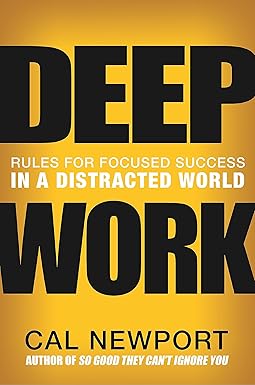
Deep Work by Cal Newport (2016)
Overview
Newport's ode to undistracted immersion beckons like a siren's call, yet its elitist undertones and repetitive harangues against modern connectivity reveal a profound irony: true depth demands acknowledging the shallow privileges that enable such seclusion, leaving many readers stranded in the shallows of unattainable ideals. 6/10.
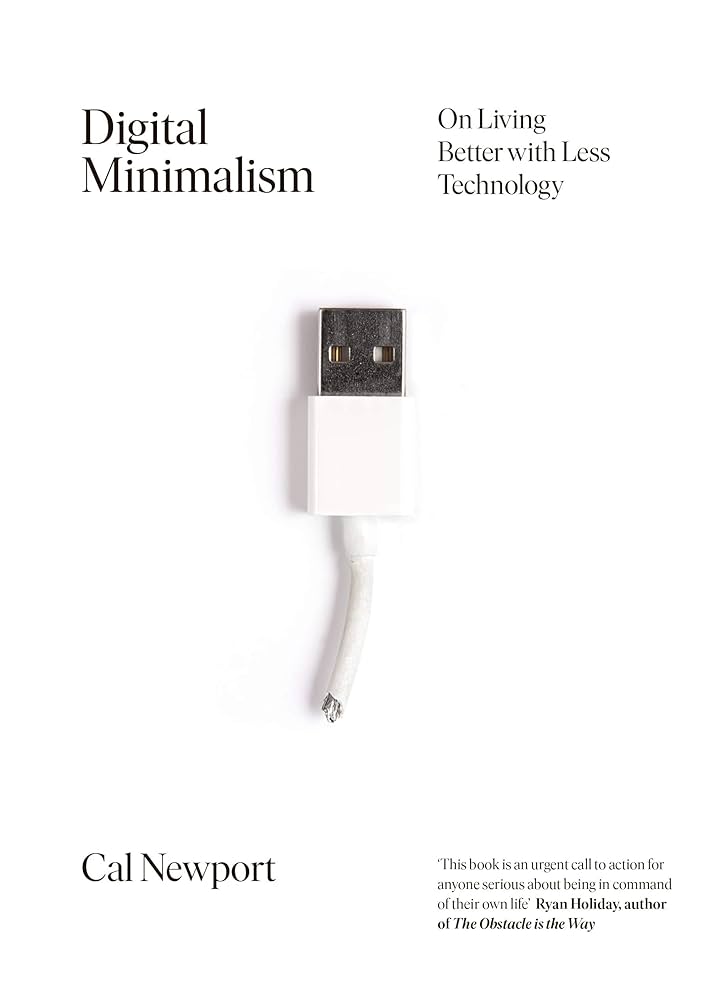
Digital Minimalism by Cal Newport (2019)
Overview
In a world wired for excess, Newport prescribes a Spartan purge of pixels, but critics decry its privileged perch - ignoring the digital necessities of the masses - unveiling a deeper truth: minimalism's elegance often masks the luxury of choice, rendering its wisdom a chore for those tethered by reality. 6/10.
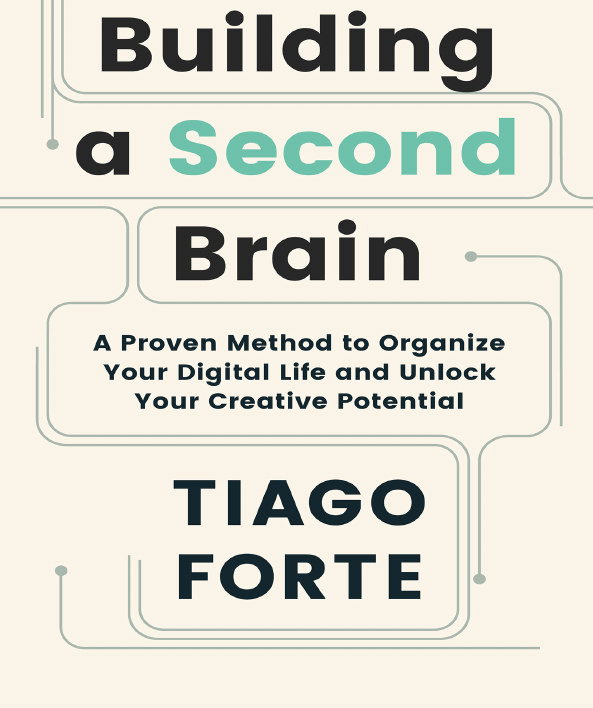
Building a Second Brain by Tiago Forte (2022)
Overview
Forte's blueprint for cognitive extension tantalizes with promises of organized genius, yet detractors expose its anecdotal fluff and recycled notions as mere padding for a course upsell, a poignant reminder that building minds requires more than digital scaffolding - it demands original substance over superficial structure. 5/10.
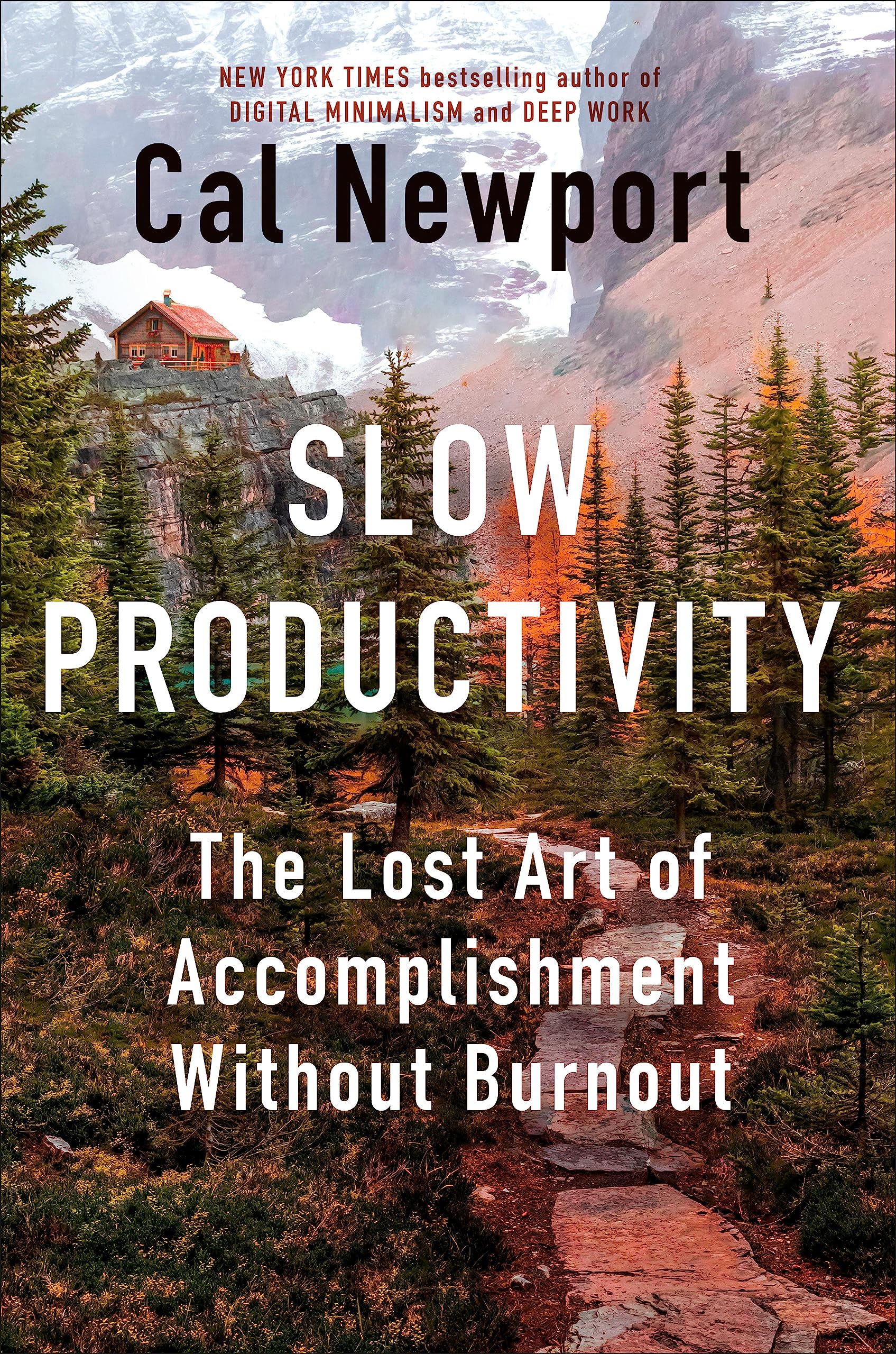
Slow Productivity by Cal Newport (2024)
Overview
Newport's antidote to hustle culture whispers of deliberate rhythms, but echoes of his prior works drown in irritating repetition and systemic blindness, illuminating a deeper flaw: true slowness eludes those chained by unacknowledged privileges, turning profound potential into a confusing rehash. 4/10.
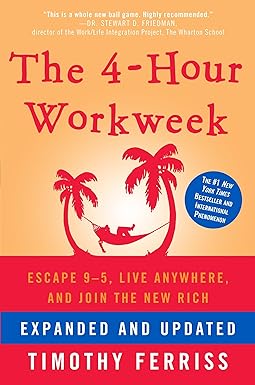
The 4-Hour Workweek by Timothy Ferriss (2007)
Overview
Ferriss's escapist fantasy dangles outsourced utopias, but its embellished tales and privilege-veiled hacks unravel under scrutiny, a witty mirage that exposes the peril of chasing shortcuts: true freedom demands ethical foundations, lest the dream devolve into a scammy shadow of itself. 3/10.
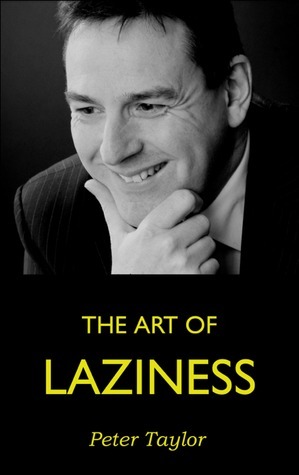
The Art of Laziness by Peter Taylor (2011)
Overview
Taylor's paean to strategic sloth beckons with clever idleness, yet its editing blunders and shallow insights betray a lazy execution, a profound irony that underscores: mastering rest requires diligence, or risk justifying inertia without the artful transformation. 2/10.
Skill Development and Learning
Paths to mastery through practice and comprehension, shadowed by oversimplifications and biases.
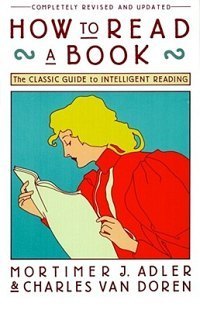
How to Read a Book by Mortimer J. Adler & Charles Van Doren (1972)
Overview
Adler's surgical guide to textual dissection elevates reading to intellectual alchemy, but its rigid hierarchies and Western biases confine wisdom's horizons, a timeless manifesto that whispers: profound engagement demands transcending the author's gaze to embrace diverse vistas. 6/10.
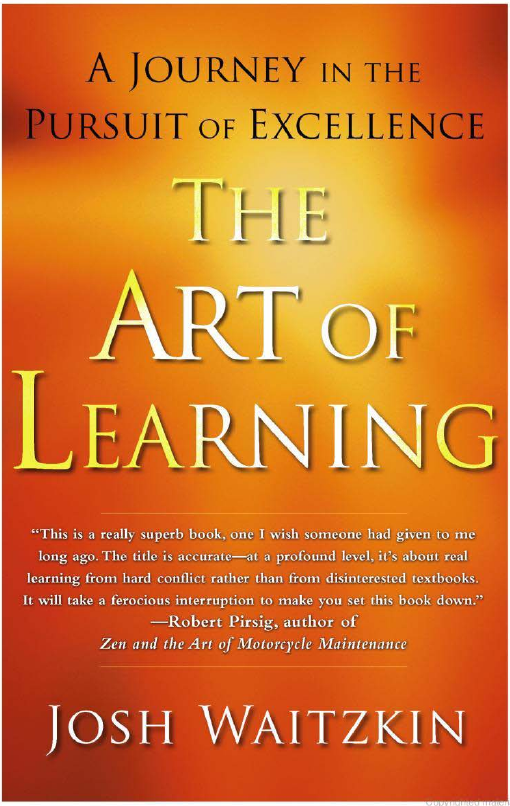
The Art of Learning by Josh Waitzkin (2007)
Overview
Waitzkin's fusion of chess and tai chi unveils learning's fluid dance, yet its meandering anecdotes beg for empirical rigor, a insightful memoir that probes: mastery thrives in adaptability, but without anchors, even profound flows can drift into elusive abstraction. 5/10.
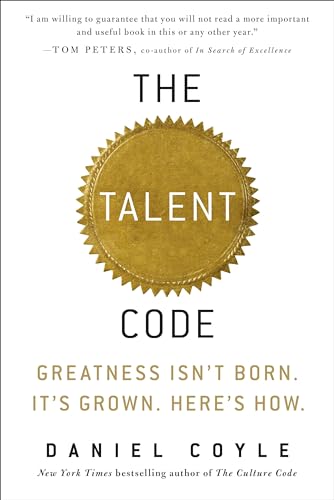
The Talent Code by Daniel Coyle (2009)
Overview
Coyle's myelin mythos elevates practice to neurological artistry, but its genetic oversight and derivative echoes dilute the spark, a witty exploration revealing: talent's code is co-authored by nature and nurture, lest we mythologize effort into solitary salvation. 5/10.
Mindset and Habits
Cultivating inner resilience, often marred by extremism and pseudoscience.
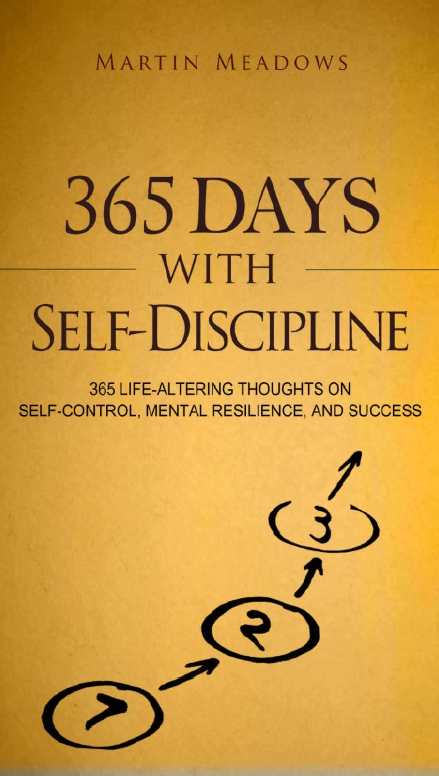
365 Days With Self-Discipline by Martin Meadows (2017)
Overview
Meadows's daily discipline dispensary forges tenacity through incremental wisdom, yet its echoing redundancies test the very resolve it builds, a profound calendar of grit that muses: true self-mastery emerges not from endless repetition, but from evolving beyond the rote. 5/10.
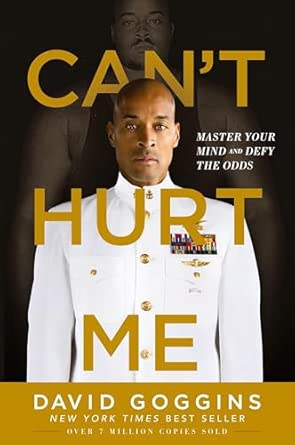
Can't Hurt Me by David Goggins (2018)
Overview
Goggins's raw crucible of suffering sculpts unbreakable will, but its glorification of pain and derogatory shadows betray unresolved scars, a deep testament that probes: resilience's forge must temper extremes, lest it shatter the humanity it seeks to strengthen. 5/10.
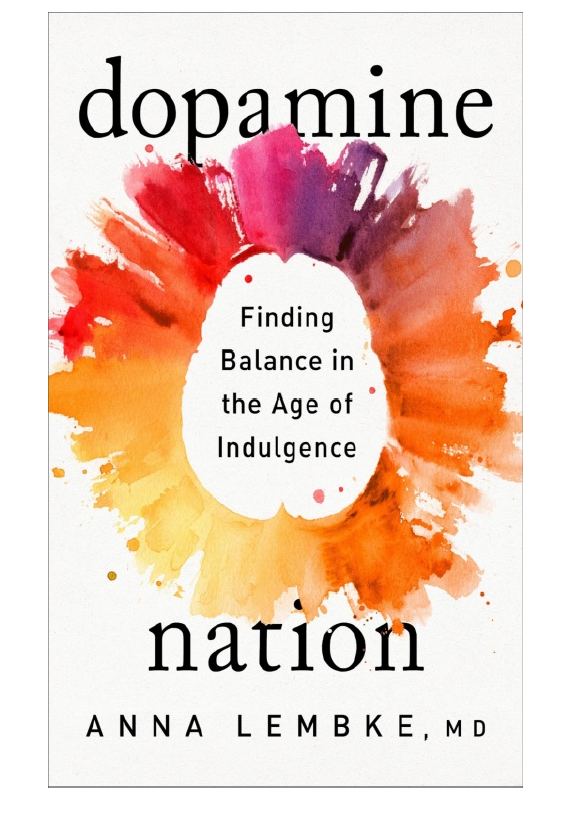
Dopamine Nation by Anna Lembke (2021)
Overview
Lembke's dopamine dissection unmasks pleasure's perilous pendulum, yet its judgmental anecdotes and scientific stretches veer into moralism, an insightful cautionary tale that reveals: balance demands nuance, not puritanical swings that risk oversimplifying addiction's complex symphony. 5/10.
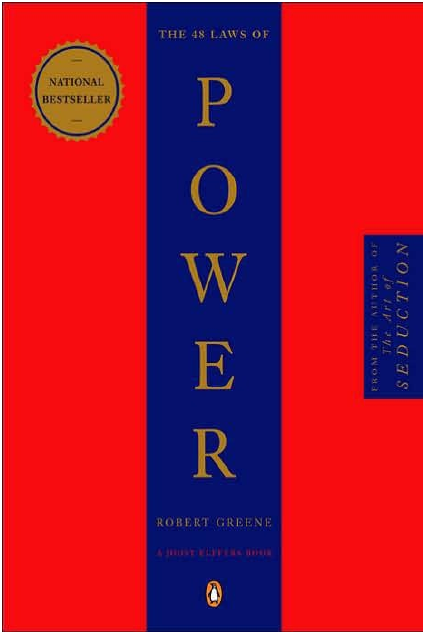
The 48 Laws of Power by Robert Greene (1998)
Overview
Greene's Machiavellian tapestry weaves dominance from history's threads, but its amoral venom fosters paranoia over empathy, a witty arsenal that delves deep: power's pursuit, unchecked, corrodes the soul, transforming victors into isolated architects of their own downfall. 4/10.
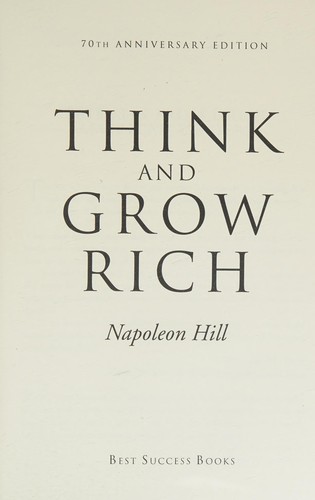
Think and Grow Rich by Napoleon Hill (1937)
Overview
Hill's visualization alchemy transmutes thoughts into fortunes, yet its pseudoscientific haze and unsubstantiated claims evoke skepticism's storm, a profound relic that whispers: true wealth blooms from grounded action, not ethereal hype that risks deluding dreamers into inaction. 3/10.
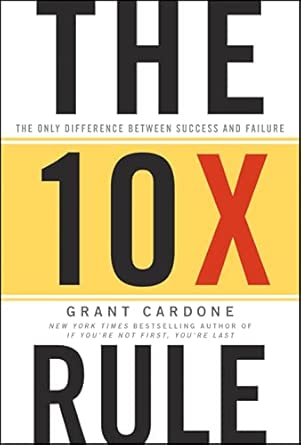
The 10X Rule by Grant Cardone (2011)
Overview
Cardone's exponential manifesto thunders for massive action, but its burnout-blind bravado and simplistic shouts overlook sustainability's subtlety, a deep rally cry that exposes: scaling ambition demands wisdom's anchor, lest overreach collapse the very empires it aims to erect. 3/10.
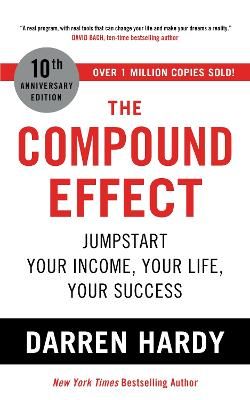
The Compound Effect by Darren Hardy (2010)
Overview
Hardy's habit alchemy compounds small steps into triumphs, yet its recycled platitudes and preachy tone dilute the magic, an insightful primer that probes: transformation's essence lies in authenticity, not diluted echoes that leave seekers hungering for deeper substance. 2/10.
Career and Goal Setting
Blueprints for ambition, frequently flawed by idealism and oversight.
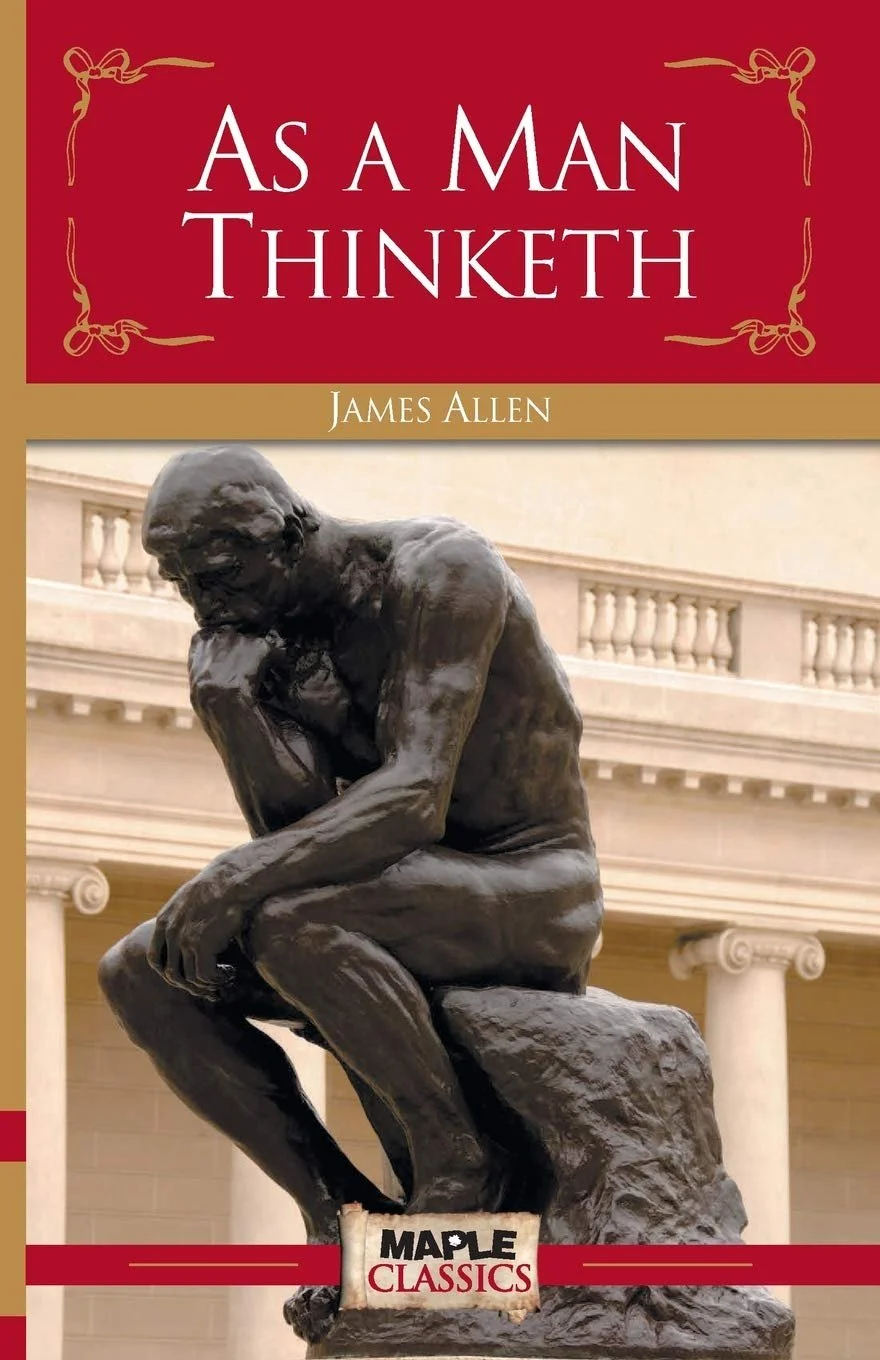
As a Man Thinketh by James Allen (1903)
Overview
Allen's Victorian ethos equates mindset to destiny's architect, yet its oversimplified sermons dismiss life's complexities, a witty pocket oracle that delves: thoughts shape reality, but ignoring external tempests risks blaming victims for storms beyond their cerebral control. 5/10.
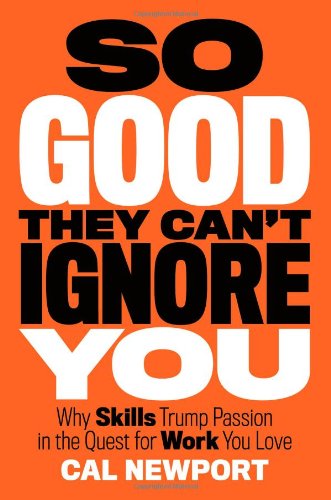
So Good They Can't Ignore You by Cal Newport (2012)
Overview
Newport's skill-centric creed dethrones passion's throne, advocating craftsmanship over whimsy, but its cherry-picked tales and smug dismissals overlook luck's role, a profound manifesto that reveals: excellence's forge tempers talent with opportunity, lest ideals forge chains of frustration. 5/10.
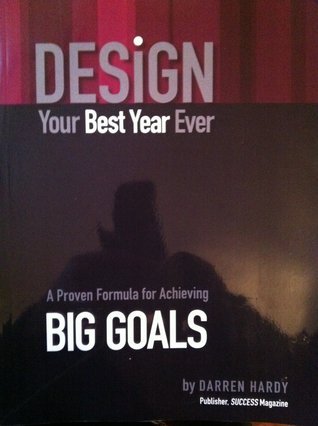
Design Your Best Year Ever by Darren Hardy (2008)
Overview
Hardy's planning palette sketches dream horizons with worksheets, yet its generic pep echoes hollow in a sea of self-help, a witty Mad Libs of motivation that probes: true design demands originality, not filler that fades into forgettable blueprints. 1/10.
Physical Development
Regimens for bodily fortitude, cautioned against hype and hazard.
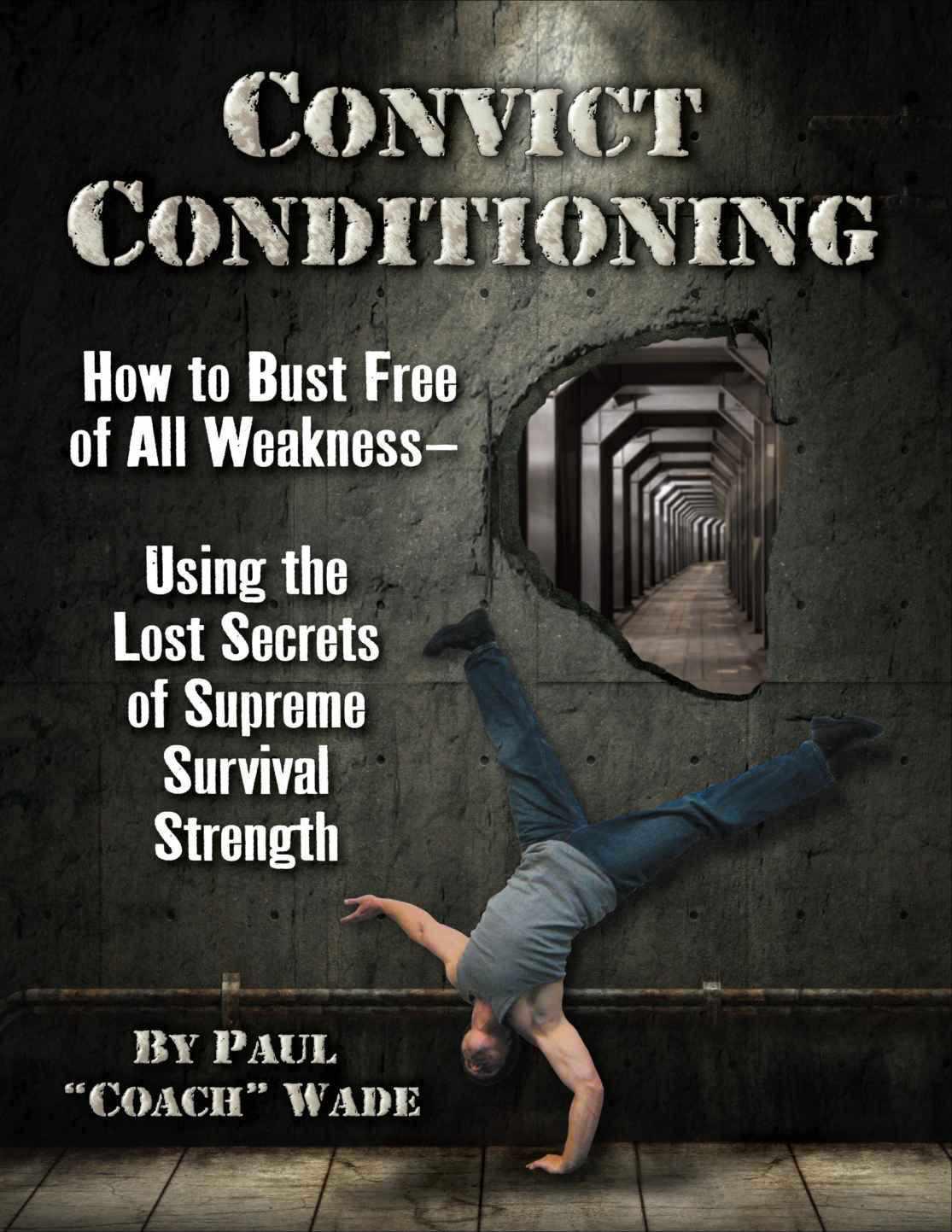
Convict Conditioning by Paul Wade (2010)
Overview
Wade's prison-honed calisthenics bible touts survival strength, yet its macho myths and risky progressions invite injury's specter, a gritty saga that delves: true conditioning builds resilience, not recklessness, lest the quest for power imprison the body in pain. 3/10.